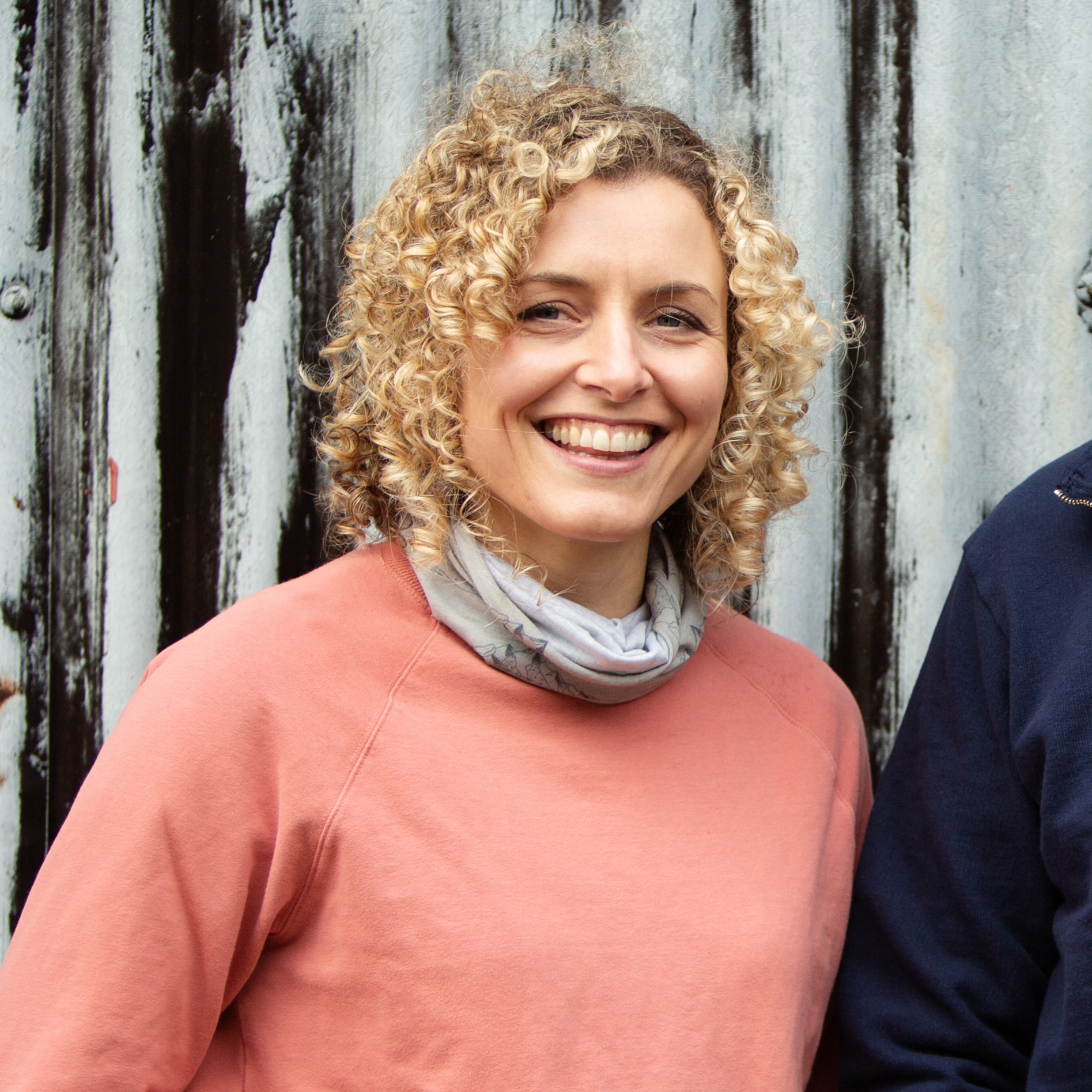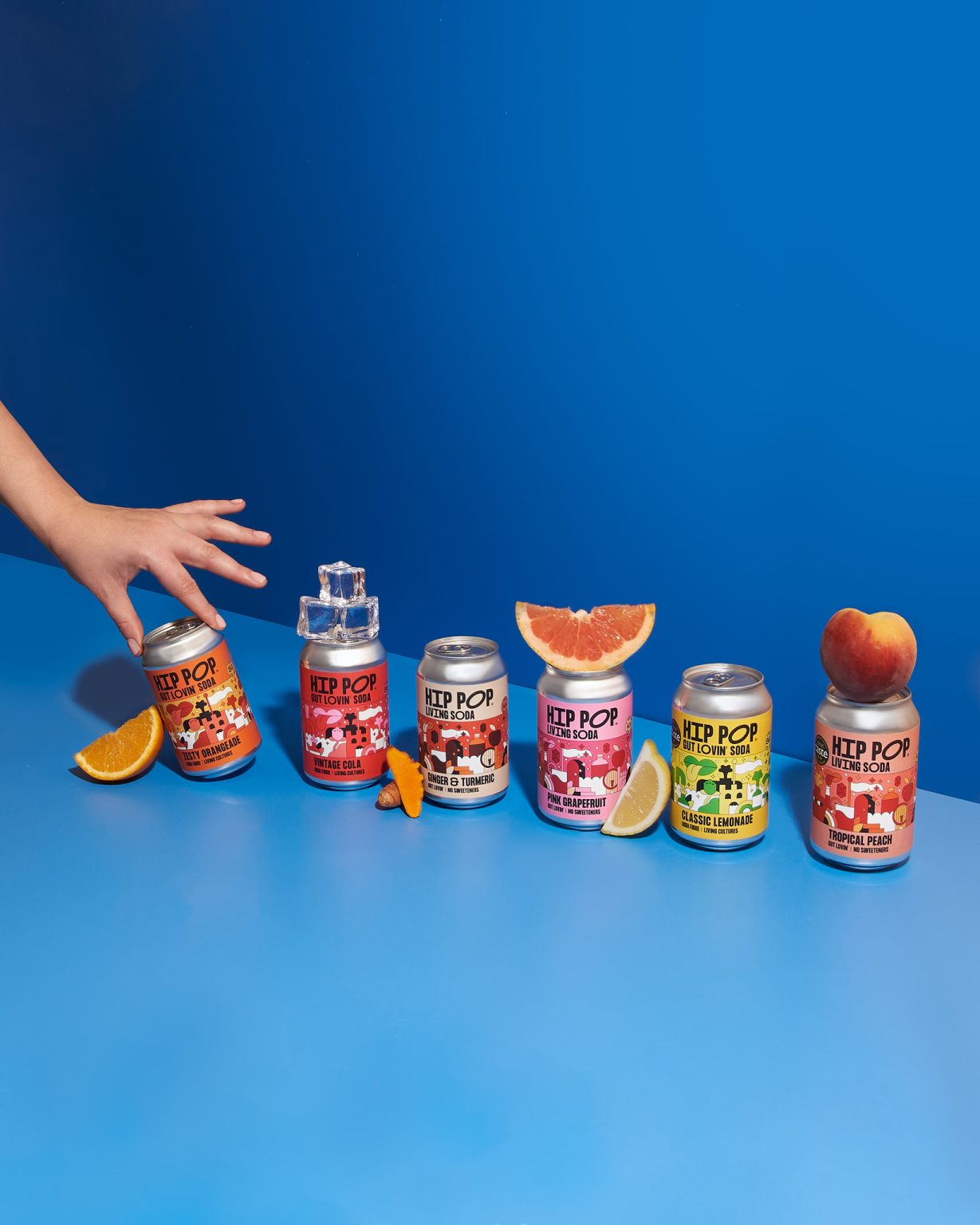Fibre is a carbohydrate that the body cannot actually digest, however, it is still essential for gut health. There are two main types of dietary fibre – soluble and insoluble – both of which should be incorporated into our diet on a daily basis.
Foods such as oats, apples, berries and citrus fruits contain soluble fibre which dissolves in water and helps to lower cholesterol, whilst insoluble fibre – found in foods such as whole grains and vegetables such as green beans, cauliflower, carrots and potatoes – attracts water to the intestine and encourages movement through our digestive system. By slowing down the digestive process, fibre helps keep us ‘regular’, preventing constipation and even maintaining our blood sugar at a healthy level.
Microbes & microbiome
A diet high in fibre helps “fuel” our good gut bacteria and other microbes that live in our gastrointestinal tract – otherwise known as our gut microbiome. Research shows that these microbes support our digestion and immunity, and a good microbiome protects us from bad bacteria that could cause dysbiosis or infection.
Not consuming enough fibre can starve your microbes, resulting in a host of potential issues in the long run. Because of this, it’s important to sustain a fibre-rich diet.
How much fibre do we need?
Fibre is only really beneficial for gut health if you eat and drink enough of it. It’s recommended that we consume 30g of fibre per day, however, according to a study carried out by Medicine in Microecology, our dietary fibre intake is significantly lower today than it was hundreds of years ago – especially in more developed countries where a Westernised diet consisting of more processed foods, refined sugars, animal proteins and saturated fats is more present.
Because of this, 90% of consumers aren’t currently getting their recommended daily amount of fibre – and this needs to change now! Fibre is fairly easy to incorporate into your daily life just by making small changes to the foods you eat, so there’s no excuse not to up your fibre intake.
Work out what’s right for you
Saying that, everyone is different, so what works for some people won’t necessarily work for others. It’s important to identify what’s right for you and your body and introduce more nutrient-rich foods gradually. In some cases, too much fibre at once can cause bloating, abdominal pain and even constipation – instead of preventing it – especially if you don’t drink enough water.
Start off by making small changes such as swapping white pasta for wholewheat pasta, or white rice to brown rice. You don’t need to sacrifice foods you love or eliminate certain foods altogether to see a difference. Try to increase your consumption of fruit and vegetables and snack on nuts and seeds. There are more and more food and drink products being introduced to market that contain high amounts of fibre that can help with this.
Link to mental health
According to studies, our gut health is closely linked to our mental wellbeing. This link between your gut and your brain is sometimes known as the mind-gut connection, the brain-gut connection, or the gut-brain axis.
95% of the body’s serotonin is produced in the gut, meaning gut microbes can influence our mood. This is why if you feel anxious or stressed you may experience gut symptoms such as losing your appetite, pain in your tummy or even diarrhoea. Research has even shown that some digestive conditions, including IBS, are linked with both anxiety and depression.
Next steps
To conclude, good gut health – specifically the connection between the gut microbiome and fibre – is fundamental for our overall health and wellbeing, so it’s important that we continue to recognise and promote this.
The number of health-conscious consumers has increased significantly in recent years – and this shows no signs of slowing down. As more consumers gain a better understanding of our nutritional needs, food and drink brands need to do the same, and introduce more gut-friendly ingredients such as fibre into their products.

Emma Thackray, co-founder of Hip Pop
Gut Lovin’ drinks brand Hip Pop has continued to produce delicious, refreshing beverages that “taste good and do good” since it was founded in 2019. With no compromise on taste, Hip Pop’s range of 100% natural, vegan and low-calorie Kombucha and Sodas have been designed to keep up with the growing consumer demand for healthier drinks – with its fibre-packed probiotic Living Sodas being a core focus in recent months.



